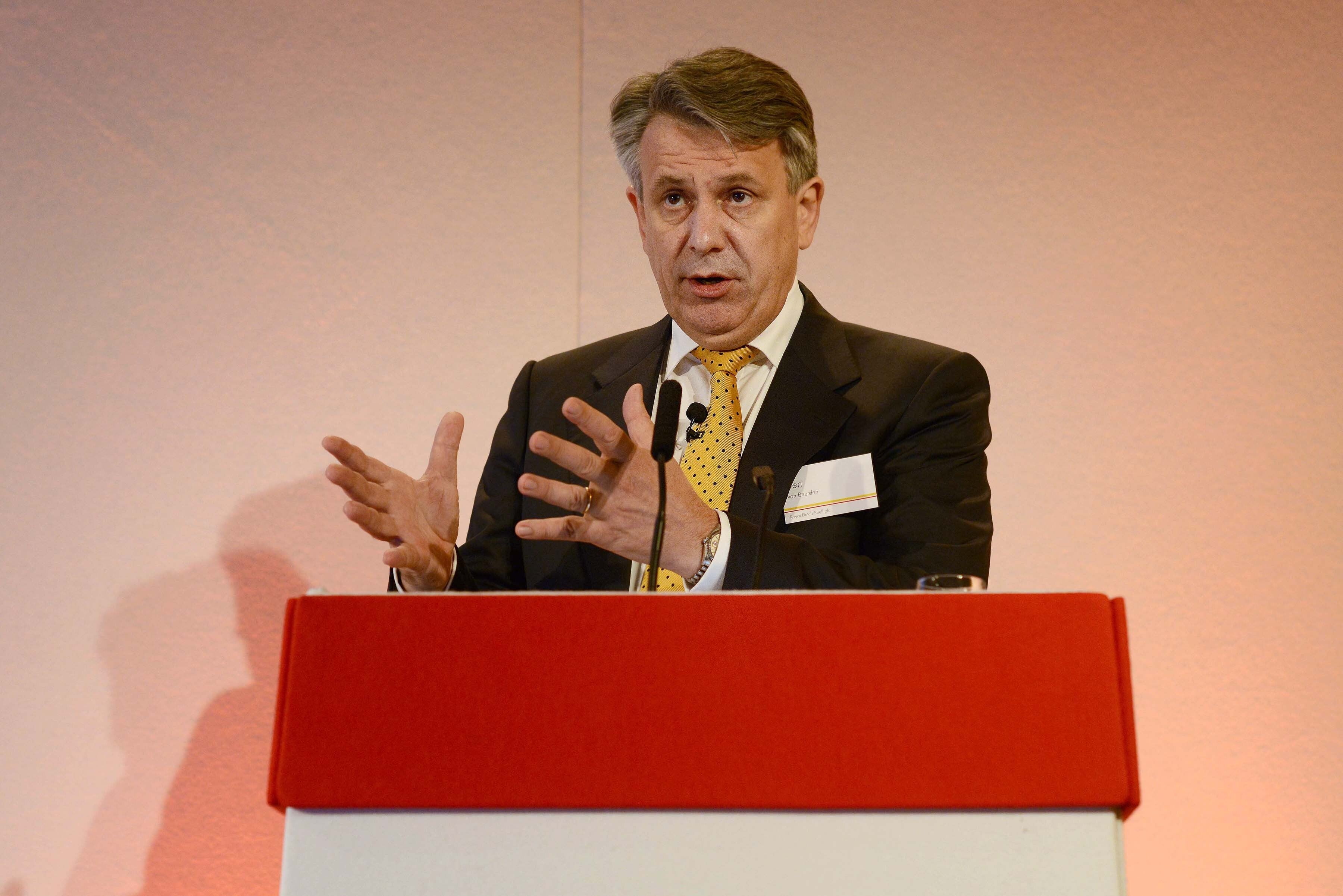Shell reports drop in emissions, urges vote against ‘unrealistic’ targets
Overall emissions fell from over 1.6 billion tonnes of carbon dioxide equivalent in 2016 to less than 1.4 billion tonnes last year, Shell said.

Your support helps us to tell the story
From reproductive rights to climate change to Big Tech, The Independent is on the ground when the story is developing. Whether it's investigating the financials of Elon Musk's pro-Trump PAC or producing our latest documentary, 'The A Word', which shines a light on the American women fighting for reproductive rights, we know how important it is to parse out the facts from the messaging.
At such a critical moment in US history, we need reporters on the ground. Your donation allows us to keep sending journalists to speak to both sides of the story.
The Independent is trusted by Americans across the entire political spectrum. And unlike many other quality news outlets, we choose not to lock Americans out of our reporting and analysis with paywalls. We believe quality journalism should be available to everyone, paid for by those who can afford it.
Your support makes all the difference.Shell said it has reduced its greenhouse gas emissions by 16% over the last five years and promised to lead society in its decarbonisation efforts.
The business also urged shareholders to vote against more ambitious climate proposals which it says set “unrealistic” targets.
Overall emissions fell from over 1.6 billion tonnes of carbon dioxide equivalent in 2016 to less than 1.4 billion tonnes last year, the business said.
The figure includes the emissions that Shell produces itself (so-called Scope 1 and 2 emissions) and those produced by its customers when they use its products (Scope 3).
The business aims to reduce these emissions to “net zero” by the middle of this century.
That means big reductions in the number of tonnes Shell and its customers emit by 2050, and any emissions that cannot be eliminated will need to be offset by, for example, planting trees.
Boss Ben van Beurden also announced that the business would no longer rely on society to change before Shell could change.
In the past it had said that progress would be linked to what the world as a whole achieved, now he promised to lead the transition instead.
“From today, our target to achieve net-zero emissions by 2050 is no longer conditional on society’s progress, marking a further step forwards,” Mr van Beurden said.
“This reflects the leading role we will play in the energy transition. We must find ways to be ahead of society where we can, while remaining a successful and profitable company.”
And for the boss this could prove profitable. In 2019 the business linked bonuses for its senior executives to its energy transition. These are now being paid out for the first time.
The business has shorter-term targets to reduce its Scope 1 and 2 emissions by half compared to 2016 before the end of this decade.
It said that Scope 1 and 2 emissions fell by 18% in the five years to the end of 2021.
But next month shareholders will be able to vote on a proposal from activist investors which would, if passed, force the company to go even further in its transition.
On Wednesday the oil giant said that the suggested alternative plans “could result in unrealistic interim targets that are harmful to the Company’s energy transition strategy”, and urged shareholders to vote against it.
It added: “Shell has a comprehensive energy transition strategy, supported by shareholders, and is accelerating its transformation into a low- and zero-carbon energy business.
“The company has set climate targets that it believes are aligned with the more ambitious goal of the UN Paris Agreement on climate change.”